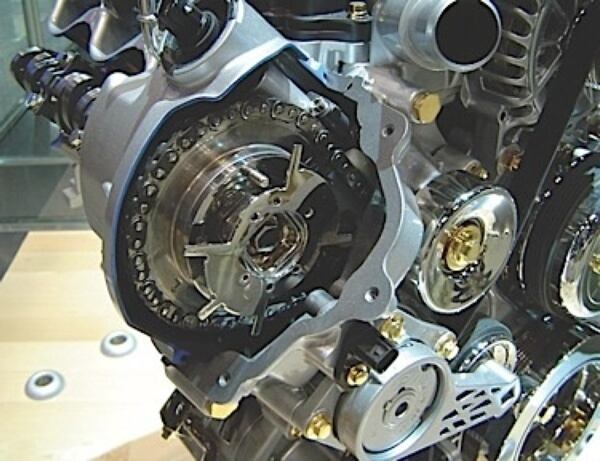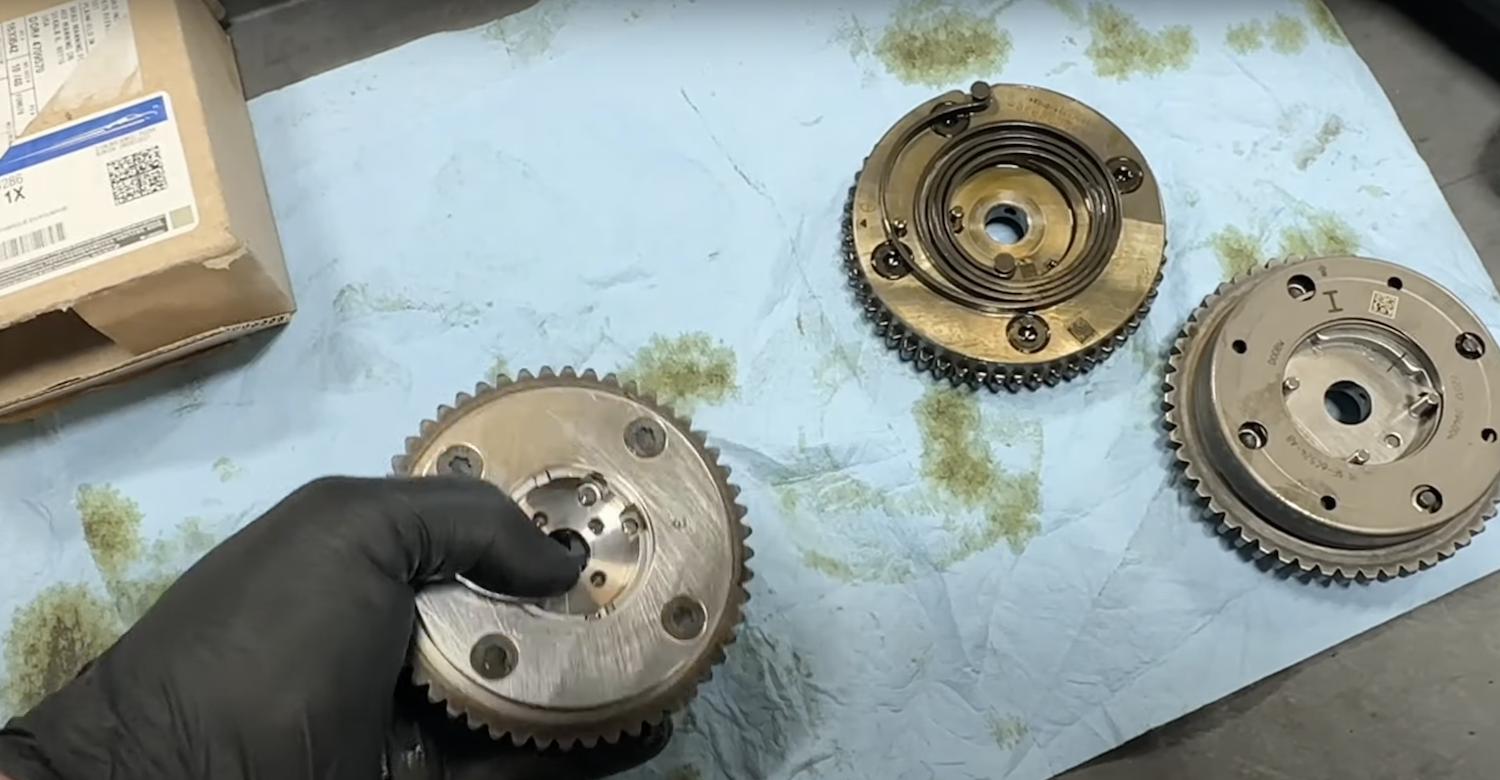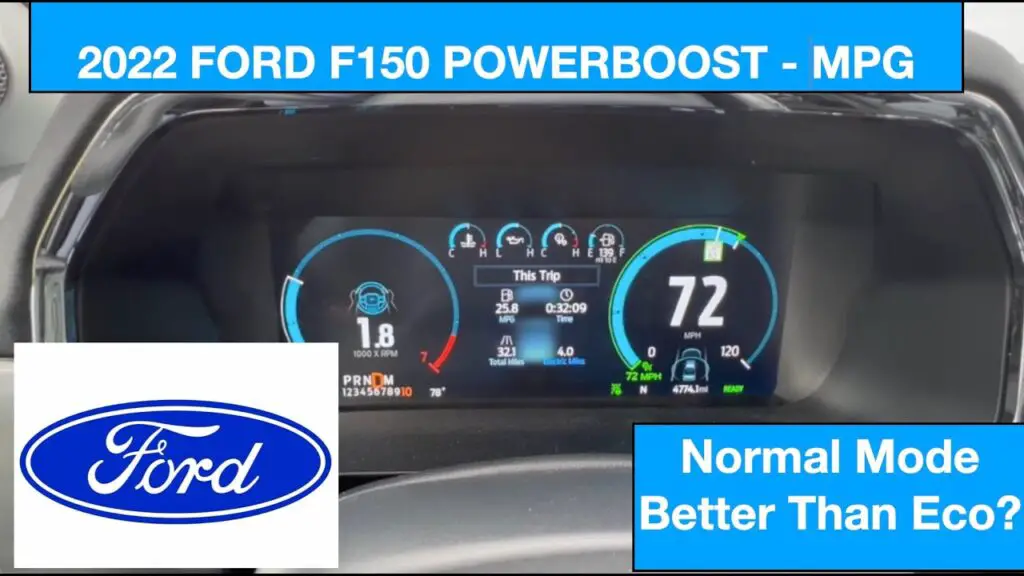F150 engine rattle on startup is often caused by issues with the timing chain or cam phasers. Addressing this promptly can prevent further damage.
Experiencing a rattle when starting your F150 can be worrying. Many owners report this issue, which is usually linked to the timing chain or cam phasers. Ignoring this problem may lead to more significant engine damage and costly repairs. Regular maintenance and timely interventions can help keep your truck running smoothly.
Understanding the root cause of the rattle can save you time and money. By addressing it early, you ensure your F150 continues to perform optimally. Always consult a professional mechanic for an accurate diagnosis and proper repair.

Credit: www.enginebuildermag.com
Introduction To F150 Engine Rattle
A rattle sound on startup can be alarming. Often, this rattle is due to timing chain issues. Other causes might include loose components or exhaust problems. It is important to listen carefully to the rattle. Note if it disappears after a few seconds or continues. The duration and location of the sound can help in identifying the issue.
Start with a visual inspection under the hood. Look for any loose parts or damaged components. Check the oil level and ensure it is within the recommended range. Low oil can cause a rattle. Listen to the exhaust system. A damaged muffler or pipe may cause noise. If uncertain, consult a mechanic for a thorough diagnosis.

Credit: fordauthority.com
Common Causes Of Engine Rattle
The timing chain can cause the engine to rattle. Worn-out timing chains make noise. Proper tension is important. A loose chain can hit other parts. This creates a rattling sound. Regular maintenance helps prevent this issue.
The exhaust system can also cause rattling. Loose parts vibrate and make noise. The exhaust manifold may have a leak. This can create a rattling sound. Heat shields can become loose too. Tightening these parts can solve the problem.
Quick Fixes At Home
Check the engine oil level. Low oil can cause engine rattle. Add more oil if needed. Use the right type of oil for the F150. Synthetic oil can reduce noise. Change the oil filter if it is dirty. A clean filter helps the oil flow better. Lubricate engine parts regularly. This keeps them moving smoothly.
Inspect the engine for loose parts. Tighten any loose bolts or screws. Check the heat shield. It can rattle if loose. Secure it with new screws. Look at the exhaust system. Tighten any loose clamps or brackets. A well-tightened exhaust reduces noise. Ensure all parts are secure.
Professional Repairs And When To Seek Them
Serious engine problems need quick action. Strange noises, like rattles, can mean big issues. Check for oil leaks or low oil levels. A rattling noise during startup could mean timing chain problems. Visit a mechanic if the noise gets worse. They can use tools to find the exact problem.
Choose a mechanic with good reviews. Ask friends for recommendations. Look for certified mechanics. They should have experience with F150 trucks. A reliable mechanic explains the problem clearly. They should give you a detailed estimate. Make sure they use quality parts for repairs.
Preventive Measures To Avoid Future Rattles
Change the oil every 5,000 miles. This keeps the engine parts well-lubricated. Check the oil level monthly. Add oil if it is low. Clean or replace the air filter every 15,000 miles.
Inspect the serpentine belt for wear and tear. Replace it if it looks cracked. Tighten loose bolts and screws. They can cause rattles if not secure. Listen for unusual sounds while driving.
- Check engine mounts for damage.
- Inspect exhaust system for loose parts.
- Look at the timing chain for wear.
- Ensure spark plugs are tight.
- Examine the suspension for issues.

Credit: www.youtube.com
Conclusion: Maintaining Your F150’s Health
Regular maintenance ensures your F150 engine runs smoothly, reducing startup rattles. Addressing issues promptly preserves performance and longevity.
Summary Of Solutions
Regularly check and change the engine oil. Keep an eye on the timing chain tensioner. Make sure to inspect the valve lifters for wear. Fix any issues with the exhaust manifold quickly. Use high-quality fuel to keep the engine clean. These steps can help reduce startup rattles.
The Importance Of Timely Repairs
Fixing issues early can save money and time. Small problems can become big ones if ignored. Timely repairs keep the engine running smoothly. Your truck will last longer and perform better. Safety is also improved with regular maintenance. Keep your F150 in top shape by handling repairs promptly.
Frequently Asked Questions
What Causes F150 Engine Rattle On Startup?
Engine rattle on startup can be caused by worn timing chains, loose components, or low oil levels.
How To Fix F150 Engine Rattle?
Fixing the rattle may involve tightening loose components, replacing worn parts, or ensuring proper oil levels.
Is F150 Engine Rattle Dangerous?
Yes, engine rattle can indicate serious issues. It’s best to diagnose and fix the problem promptly.
Can Low Oil Cause Engine Rattle?
Yes, low oil levels can cause insufficient lubrication, leading to engine rattle on startup.
When Should I See A Mechanic For Engine Rattle?
See a mechanic if the rattle persists after startup or seems to worsen over time.
Conclusion
Solving the F150 engine rattle on startup is crucial for performance and longevity. Regular maintenance can prevent severe damage. Addressing issues early ensures a smoother ride and peace of mind. Always consult a professional for persistent problems. Keep your F150 in top shape for optimal driving experience.
- F150 Eco Mode Vs Normal: Optimize Your Truck’s Performance - December 22, 2024
- F150 Depreciation Calculator: Maximize Your Truck’s Resale Value - December 22, 2024
- 2013 Ford F150 Ecoboost Problems: Common Issues & Solutions - December 21, 2024




